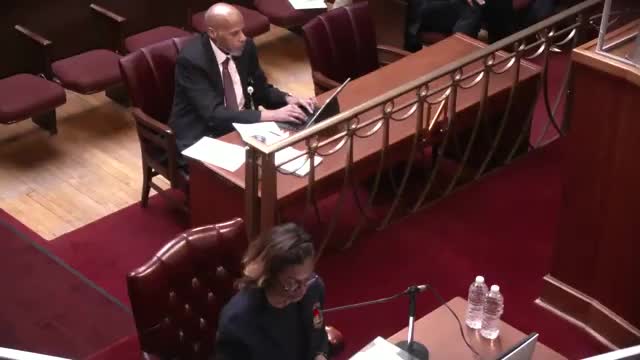Article not found
This article is no longer available. But don't worry—we've gathered other articles that discuss the same topic.
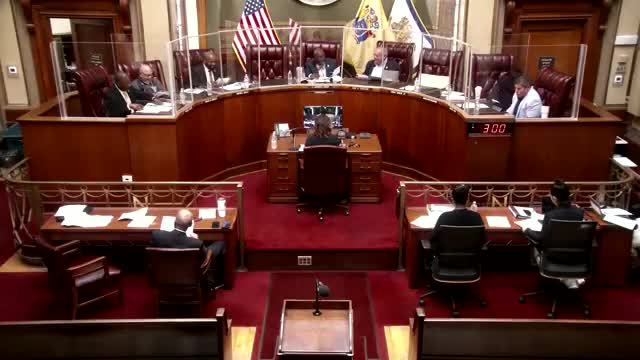
Council seeks verification that special police officers are Newark residents after public concern
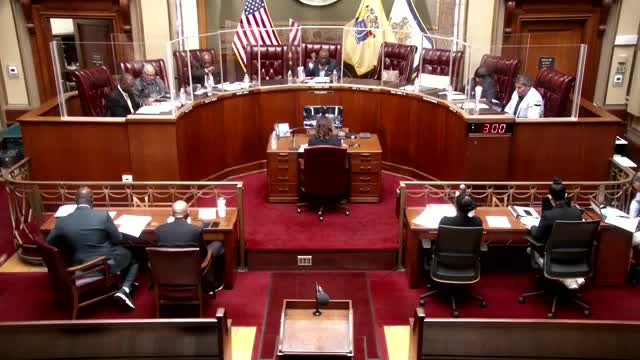
Health director says new lead-inspection ordinance aligns city rules with 2022 state Lead Safe law
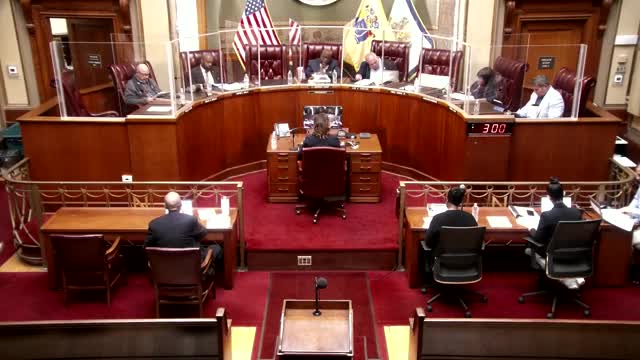
Council questions $1 million contract for interpretation and document translation; requests past-spending history
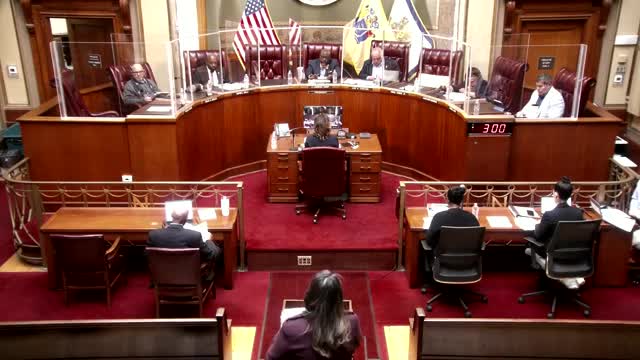
Council reviews multiple private-sale redevelopment proposals amid heated questions about pricing and Newark resident access
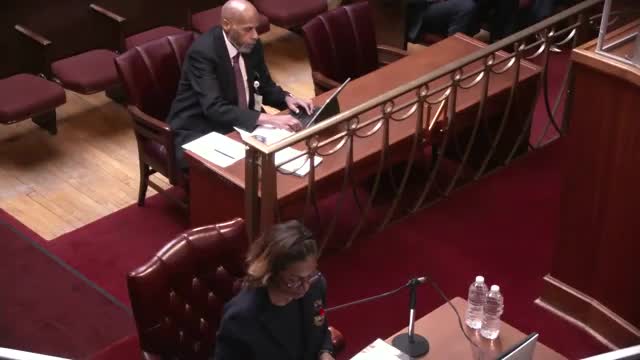
City to buy used fire apparatus; council asks where vehicles will be housed and about safety warranties
